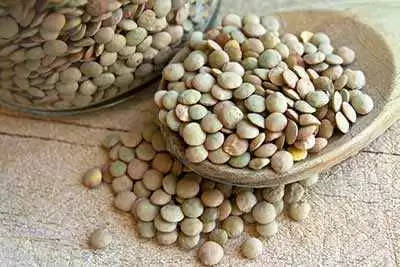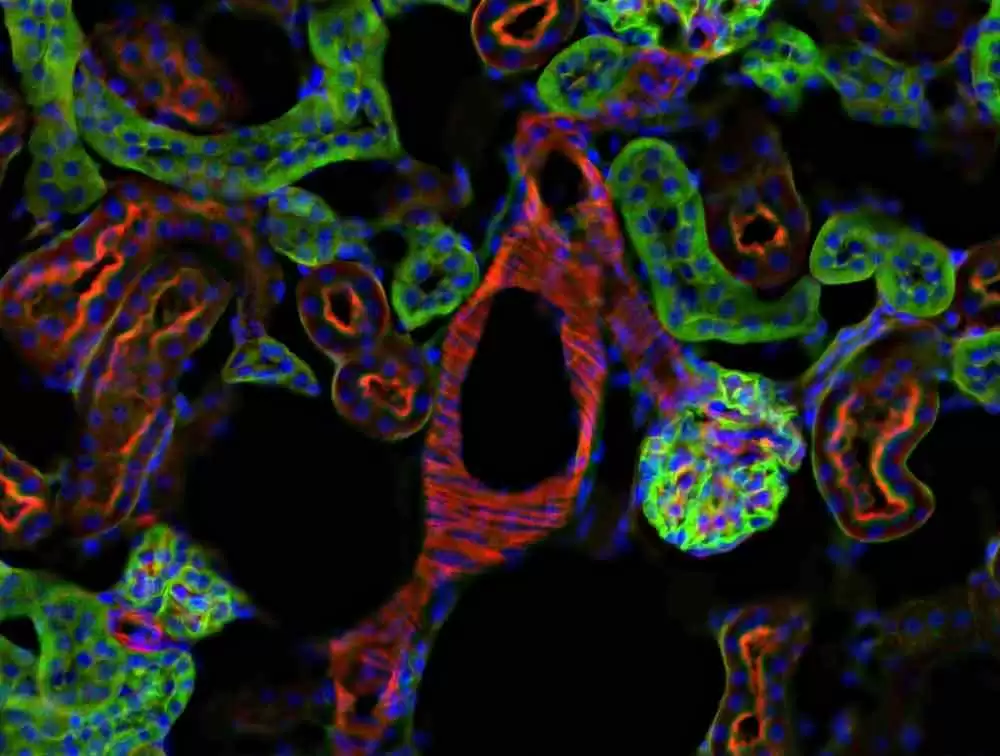
Celiac.com 05/28/2021 - In my search for medical answers, the study of lectins did explain so much. (e.g. The “Lectin Report. Once we see that these harmful glycoproteins, especially those from gluten, dairy, soy and corn, can cause tissue damage/inflammation all by themselves, without an immune response, things really start making sense. The immune response is secondary to that damage, which helps to explain why we see such variation in the measurable response by different individuals. Some will respond with an outpouring of antibodies yielding positive tests while others will not, thus helping to explain the negative tests in individuals who end up responding quite well to the elimination diet when employ it despite those negative tests.
These dietary glycoproteins are also a big part of what we love to call “autoimmune disease”. Personally, I do not like nor do I use that term anymore, unless I put it in quotes. That term implies that the immune system is attacking its own body’s tissues for no good reason. I contend that this does not happen...ever. The immune system always responds appropriately. We do not always fully understand why it does what it does. The inflammation being incited by lectins is a prime example of this.
Celiac.com Sponsor (A12):
Lectins are antibody-sized proteins/glycoproteins. That, of course, makes them very tiny. How would we know they are there when they are that small? We can’t see them in a routine tissue sample. It would take biochemical analysis or, again, antibody testing to determine whether they are involved. Therein lies the rub. Once again, not everyone responds with what we might consider an “appropriate” response- one that we can detect readily. We just have to know that these lectins can and do cause changes in the individual cells of the body (from neurons to nephrons to blood cells, etc.) of susceptible individuals. I contend that the “big 4” (gluten, dairy, soy and corn) are not healthy for anyone. They are simply better tolerated by some than others. This is the nature of “spectrum disorders” which range in severity from the “best of the best” to the “worst of the worst” when it comes to the afflicted individual. I tell people to think “peanut allergy” when thinking about the worst of the worst. Whoa, now that’s a sensitivity!
So, does gluten affect neurons? Definitely. Can it kill neurons? Yes! Run an Internet search for “gluten, neurons” and you’ll find some interesting things. How it damages and kills neurons is fascinating, and the clue is in the link above about lectins. A concurrent study of viruses helps to complete the big picture and that is why I write so much about this on my site now.
It is logical that the viruses inside that cell are the things that determine the response of that cell to the challenge by lectins, carcinogens, and other chemicals/pollutants/preservatives, etc. Reading “The Lectin Report,” one might ask what really determines how a cell decides which of the ten different responses it will manifest once challenged by the lectin (ranging from cell death to tumor formation). I believe the answer lies in the adaptive viruses found inside that cell. That’s what viruses do in nature. They facilitate adaptation (as well as cause variation in nature).
The cool thing is that our very DNA contains these adaptive viruses. Researchers now estimate that up to 45% of the genetic codes in our double stranded DNA are actually viral information. This is what retroviruses, in particular, do. They infect the cell and incorporate their genetic information into our DNA. That is why these particular viruses are involved in cancer and why cancer can be “genetic” (inherited). This information can be transmitted vertically to offspring.
The other cool thing to understand is that cancer itself is an adaptive process. The viruses that “cause” cancer are simply adapting to the challenges (e.g. carcinogens) that we keep throwing at them. When all else fails, they cause the cell they are designed to protect to start growing out of control in order to ensure the survival of that virus and the cell itself. Thus, I now look at a tumor as a “protective cocoon”. Is this a radical idea? Yes. Does it make sense when you understand the good and vital work that viruses do? It certainly does to me.
So why don’t we all have cancer and develop it early in our lives? Once again, because there is another part of the “syndrome” that is necessary- a weakened immune system. That’s right. We are all killing cancer cells right now (hopefully). The immune system recognizes when a cell is trying to do something inappropriate or harmful and sends in the cavalry. This could be just what we (incorrectly) label as an “autoimmune response”. The body does know exactly what it is doing each and every time it does something. I believe that down to my socks. Again, we just don’t understand what it is doing sometimes and I believe that this is one of those times.
How does this apply to epilepsy and other neurodegenerative diseases such as MS, Alzheimer’s, Parkinson’s, and ALS? As stated above, some viruses love the central nervous system. The two most common brain tumors in veterinary medicine are the astrocytoma and oligodendroglioma, both of which are viral and of those cells that control many of the supportive functions of the neuron, including the production of the myelin sheath and the control of neurotransmitter levels (glutamate). If there are viruses in there causing tumors, then through “reverse engineering”, we can see that there are going to be the processes (e.g. “autoimmune diseases”) taking place that precede the formation of these tumors because these are the means by which the immune system controls the tumor production…until it is overwhelmed by all the toxins we are throwing at it.















Recommended Comments
Create an account or sign in to comment
You need to be a member in order to leave a comment
Create an account
Sign up for a new account in our community. It's easy!
Register a new accountSign in
Already have an account? Sign in here.
Sign In Now